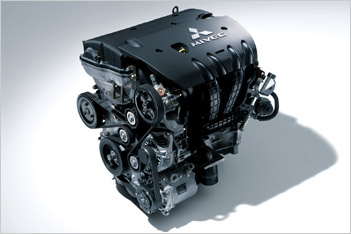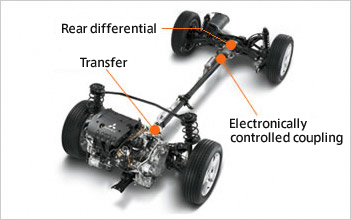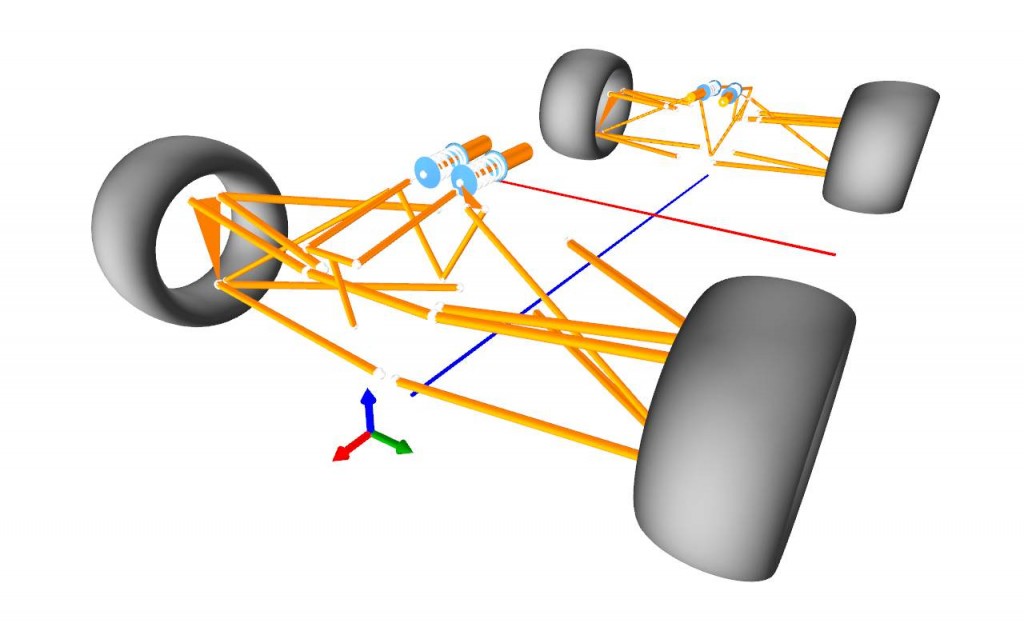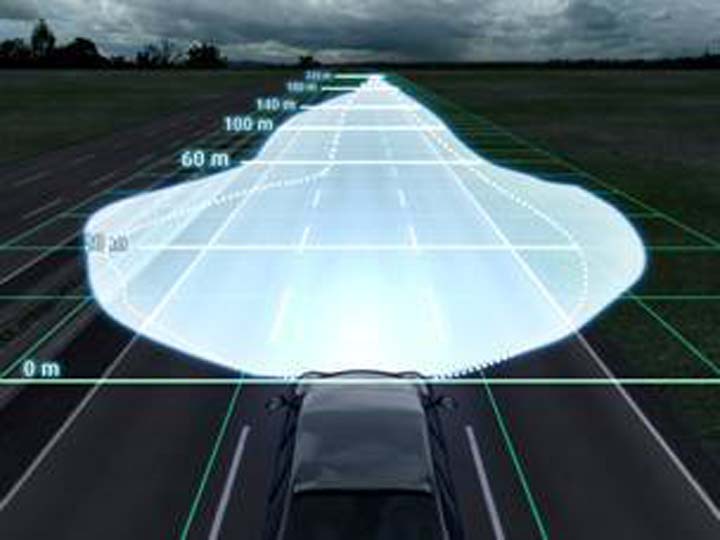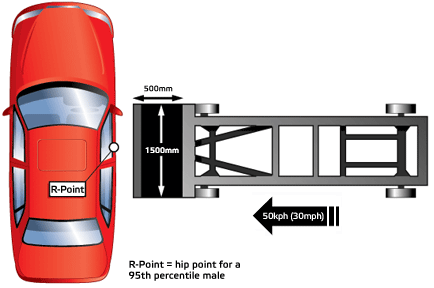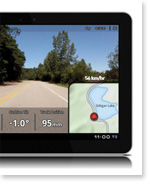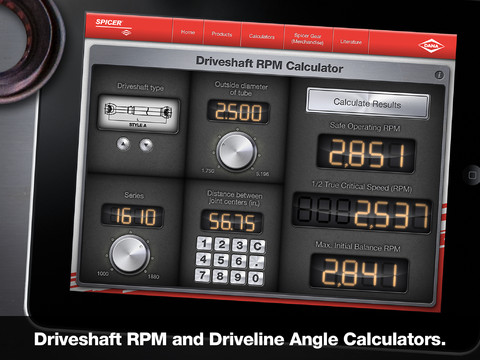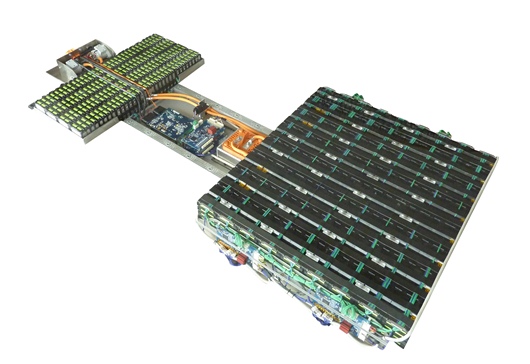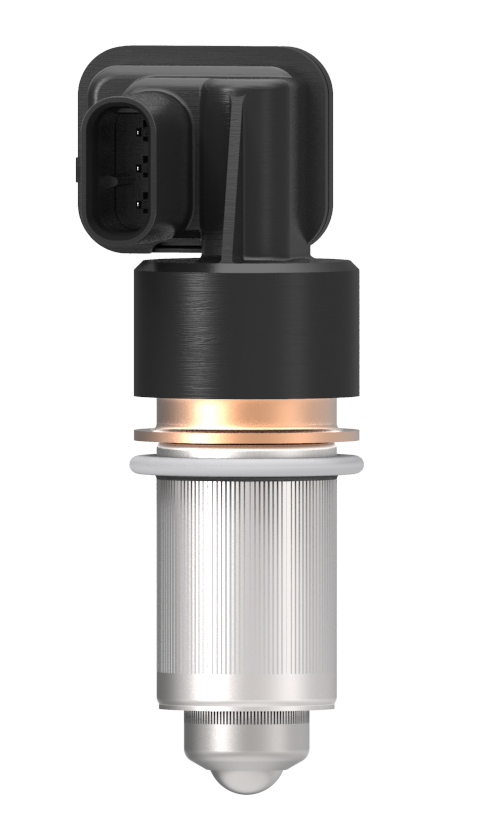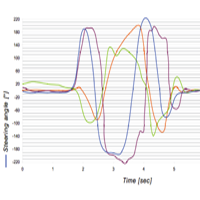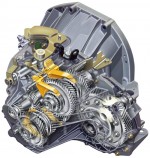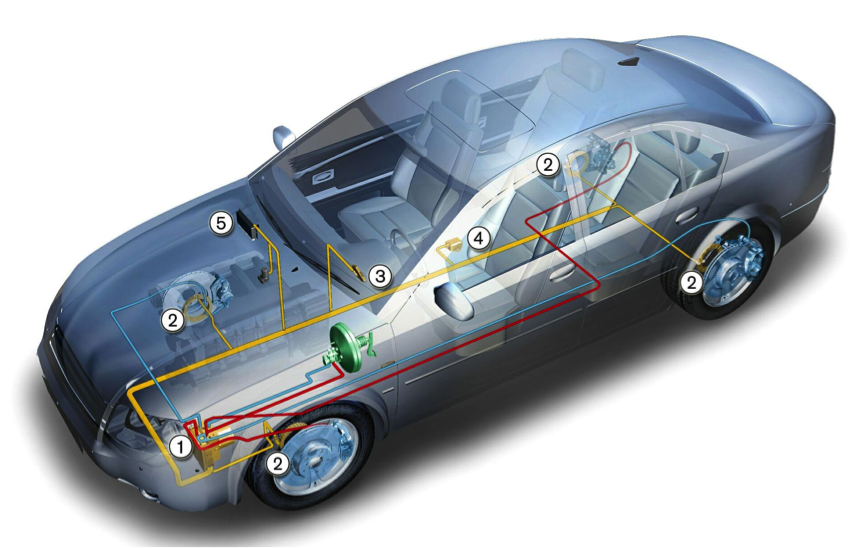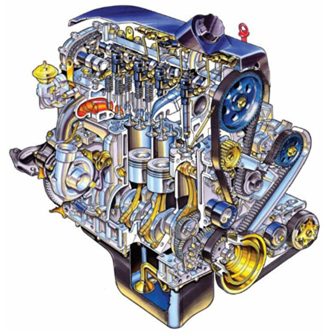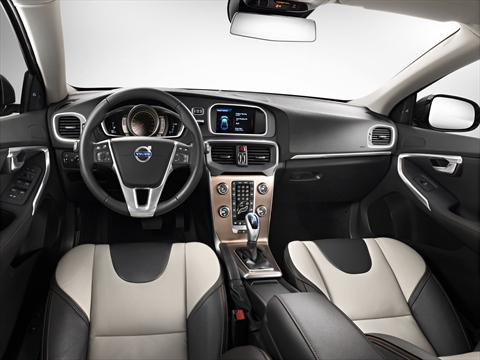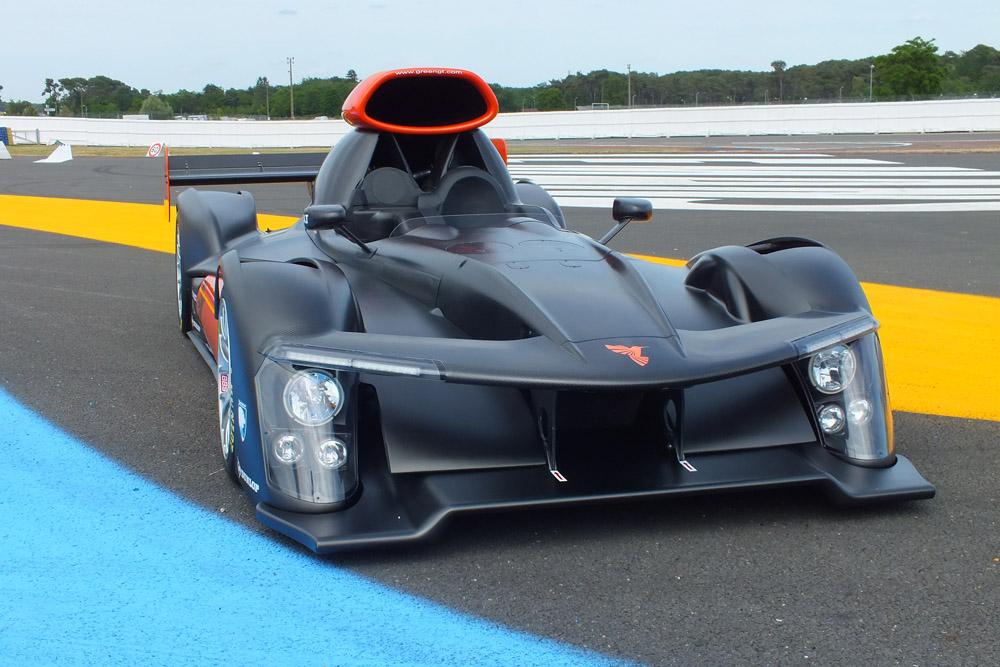DEVICE project has demonstrated, through a comprehensive approach to simulation, the ability to reduce more than 20% of CO2 emissions and fuel consumption of a diesel vehicle intended for urban journeys (VW Polo). This while respecting Euro 6 emissions standards, which will be effective in 2014, and being attentive to the driving pleasure feature.[image_frame align=”right” alt=”DEVICE project powertrain” title=”DEVICE project powertrain”]https://www.car-engineer.com/fr/wp-content/uploads/sites/2/2013/03/Simulations-du-device.gif[/image_frame]
DEVICE project was led by IFP Energies nouvelles (IFPEN) and conducted in partnership with Volkswagen and Fraunhofer LBF in the framework of the Inter Carnot Fraunhofer from ANR. It just ended after three years of work.
The IFPEN research teams proposed an original approach coupling the results of measurement and simulation, which helped achieve these results without realizing ambitious vehicle or component prototype. A methodology, associated with different simulation and design tools, has been developed to optimize the compromise, particularly critical in diesel engines, between emissions, fuel consumption and acoustic and vibration comfort.
The use and the coupling of advanced tools for simulation and modeling were used to evaluate several hybrid architectures based on the engine used (two-cylinder diesel engine) and to better tailor the powertrain to the use of vehicle. Design and development time of the drivetrain could thus be reduced.
The methods and tools developed in this project have been designed in order to be subsequently integrated into the IFPEN tool chain and utilized in the development of new concepts.
Source: IFPEN
[titled_box title=”Romain’s opinion:”]
I’m fully convinced that simulation will in the future take advantage on prototyping and measurement, and this is an example of it. However, in automotive industry people are often conservative and trust more on measurement than on simulation results. Do you think that one day we will see vehicles developed entirely with simulation analysis? Or if partially, to what extent?[/titled_box]

